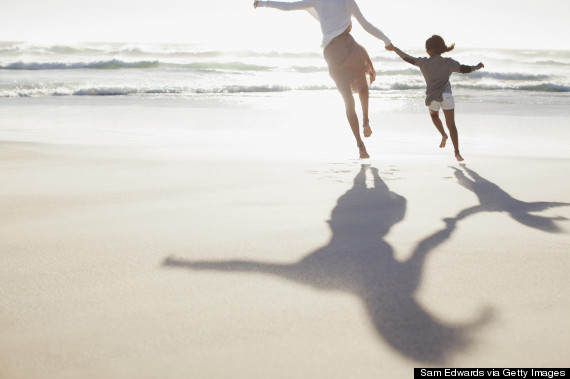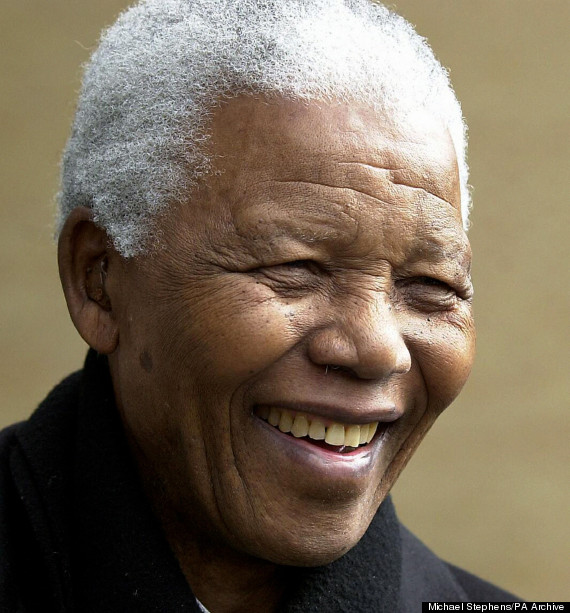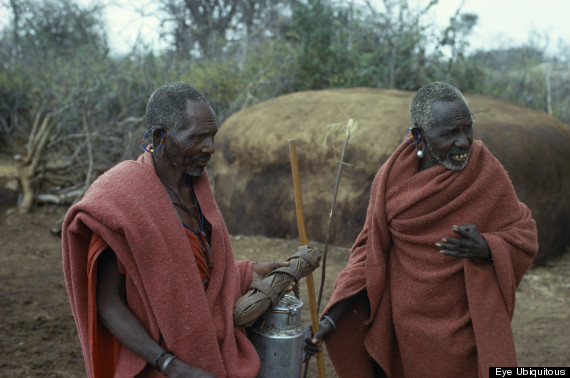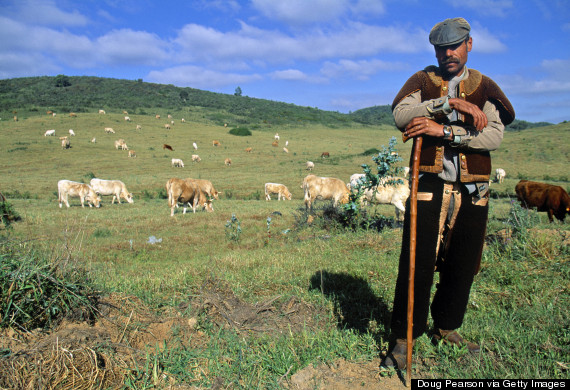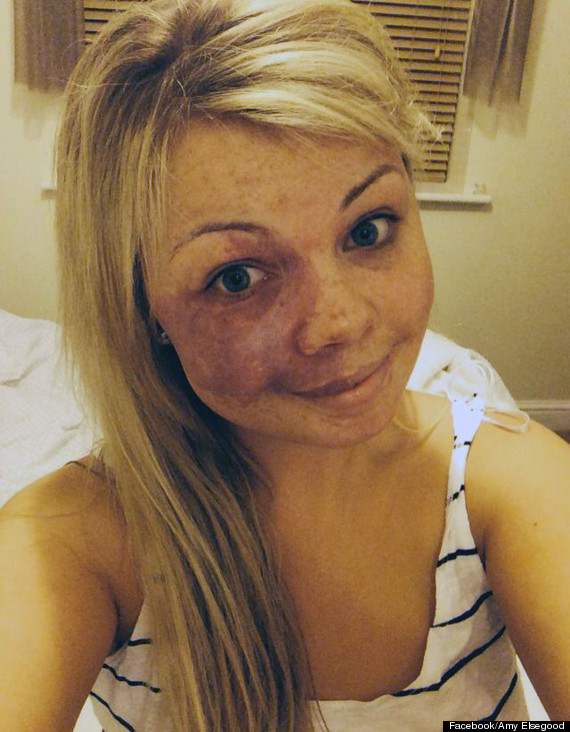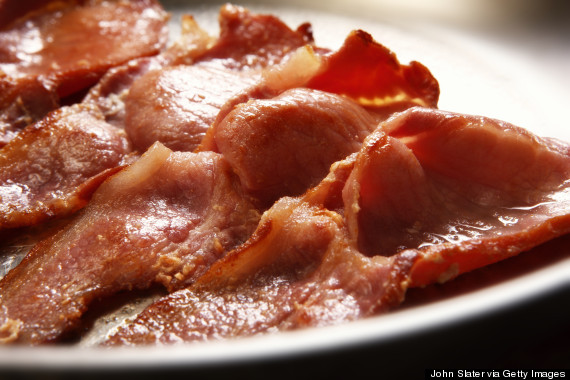The popularity of women's memoirs is booming. Women from all walks of life are finding that memoirs are a way of communicating, shedding light on experiences that would go unnoticed, hidden in a world dominated by men and male preferences.
Orange is the New Black, a memoir Piper Kerman wrote about her year in a woman's prison is not only a best-selling book but now one of the biggest shows on television. As is
Call the Midwife, Jennifer Worth's memoir about her life as a young midwife in post-war London.
And we may have sadly lost Maya Angelou but how heart-warming it is to see
A Caged Bird Sings, Angelou's memoir on overcoming childhood abuse and trauma, storm up the best-seller list again.
Memoirs can also be controversial. But as Amanda Knox and Samantha Geimar, authors of respective memoirs
Waiting to be Heard and
The Girl: A Life in the Shadow of Roman Polanski, will tell you, memoirs give women a platform to be heard in their own words away from lurid headlines.
Not only do memoirs bring out a whole world of unheard stories but writing one can also start a new career. Author Polly Courtney has now published a further six books since starting with her memoir of life in The City in
Golden Handcuffs. And it's a path I hope to follow as my own memoir Ba
nking on Burlesque, was published last year.
Like all good memoirs my story focuses on an unusual experience - that of a female investment banker thrown out for her secret hobby as a burlesque performer - and set in worlds that people are curious about - banking and burlesque.
But more than that, memoirs resonate because of the shared emotive experiences. So though my story may be unusual, if not unique, readers can relate because of common themes for everyone, such as finding a way to live rather than exist, the expression and censorship around female sensuality, as well as institutionalised sexism.
In recognition that there are so many more stories from women that deserve to be heard, the women's writing magazine
Mslexia has dedicated its annual novel competition to memoirs only.
If this is something you want to do, great! But remember that a memoir is not an autobiography. It is not an entire life history, rather a focus on an event or period in life that is unusual, exceptional and that would, for all intents and purposes, make for a great story - with the exceptional fact that this story is true.
And when I say 'true', don't feel trapped into thinking that every word you write in a memoir must be the literal truth. Not at all. Memoirs are shaped to fit a story arc and between the covers of a book. For example, my memoir condensed an eight-year period into 90,000 words so editing was absolutely necessary!
But also the truth of any memoir is only ever going to be your truth. I'm sure other people who've witnessed your events in your life would describe them another way. And that's ok. It's your own truth, how you saw them and how they impacted you that people want to connect with.
As a result, there's a temptation to think that memoirs are easy to write. I mean, you've just got to regurgitate what you remember, right? No. Please don't think that! Not only does the literal truth require examination in order to make it interesting but the process of writing a memoir can be difficult.
My book was about the best of times and the worst of times in my life. That meant reliving again and again a period of my life that maybe I'd rather have chosen to forget. My decision also came with consequences - investment banks don't exactly respond well to former employees publishing their experiences!
But more than this, memoir writing requires an examination of yourself.
An interesting main character has faults, contradictions and even truly horrible personality traits. How prepared are you to make yourself ugly on the page?
Like me, you may want to write about a situation where you were the victim but be careful. This set-up can lead you to romanticise yourself, to portray yourself as a perfectly wonderful person that had no faults yet suffered a terrible injustice.
We are all complicated beings and we respond to seeing that complication reflected back at us. So when you hold up that mirror to yourself, write the bad as well as the good. And have strength that displaying your flaws will not detract from sympathy for you. It won't. Quite the opposite - it will show that you're human.
Also beware of using a memoir to vent frustrations. I have sympathy for this knee-jerk reaction, I really do. My first draft of
Banking on Burlesque suffered with this very issue. It actually took me a few years from my first to final draft to complete as I needed to create emotional distance between myself and the events I was writing about. Time heals wounds - and also improves writing.
Having said all this, please don't feel daunted or put-off from writing a memoir. If you have a story to tell, tell it! Who's to say that your story, your own experience isn't just what we're all waiting to hear?
Mslexia has also created some
online workshops to help you get the most out of your ideas on such crucial areas such as 'finding your voice' and building the skeleton of your story. So why not enter? What more can I say to persuade you?
Well, if you think writing is something you want to pursue long-term, being shortlisted in the competition will put your novel at the top of any agent's or editor's in-tray. Rosie Garland, winner of
Mslexia's inaugural Women's Novel Competition in 2011, signed a six-figure deal with HarperCollins soon after winning the competition.
Plus 12 shortlisted authors will be invited to a networking event and introduced to a specially invited group of literary agents. The three finalists will also each received detailed feedback on their manuscript from The Literary Consultancy. And feedback really is crucial for all of us wanting to develop a new career.
And the winner? Well, they'll receive £5,000 - need I say more?!
Submissions need to be the first 5,000 words of a full-length memoir, written in prose, and narrate actual events in your life. Have a look
on the website here. And good luck!
Victoria's debut novel
Banking on Burlesque is now available
on Amazon as well as iBooks and all good online retailers.

